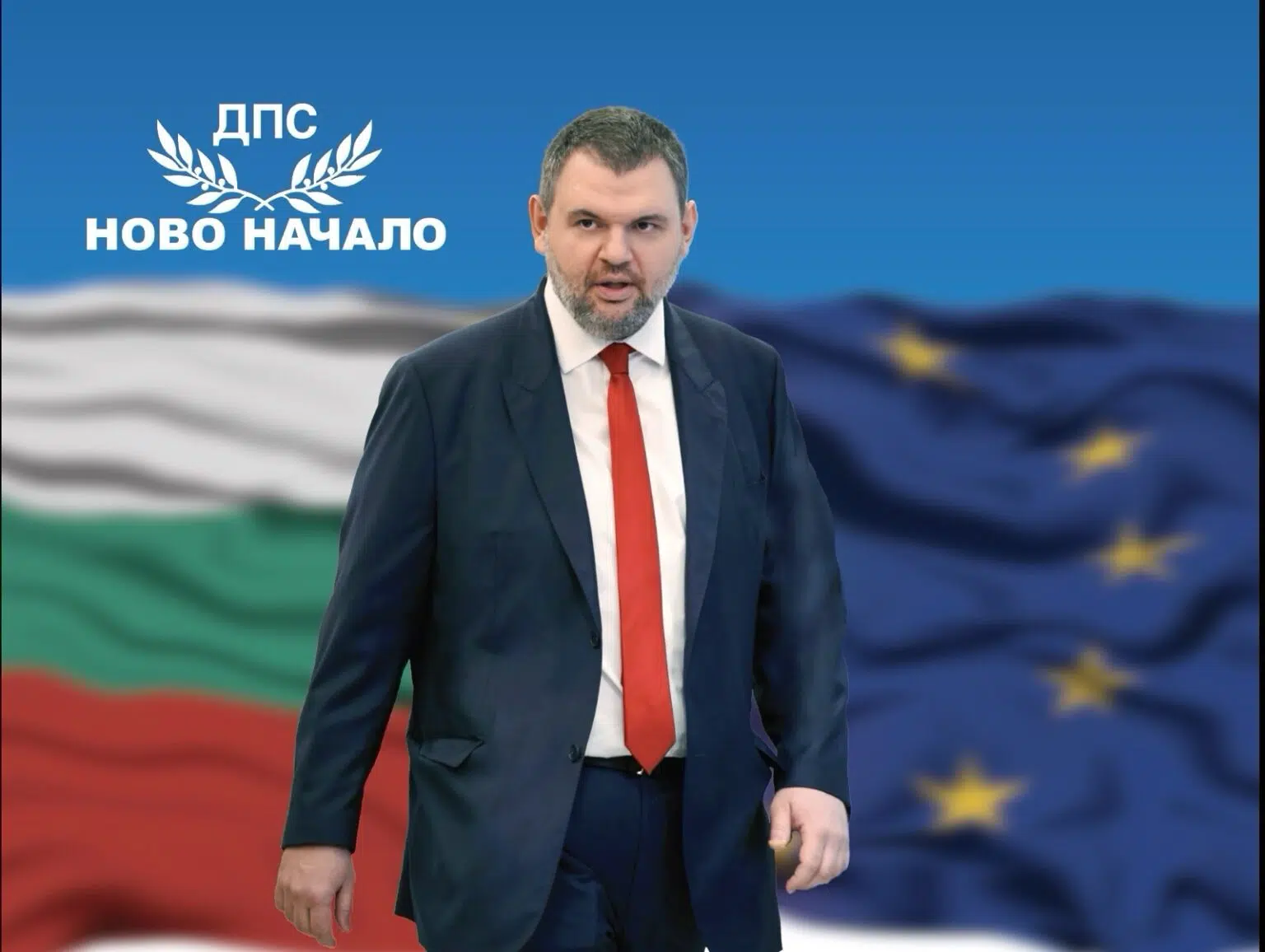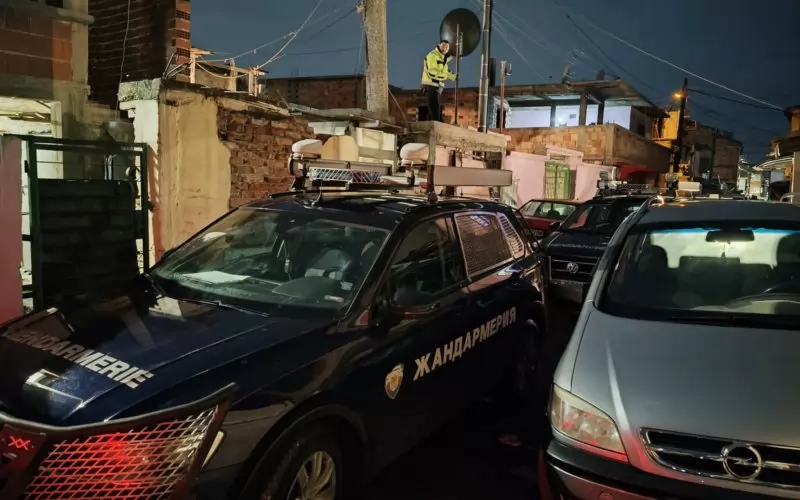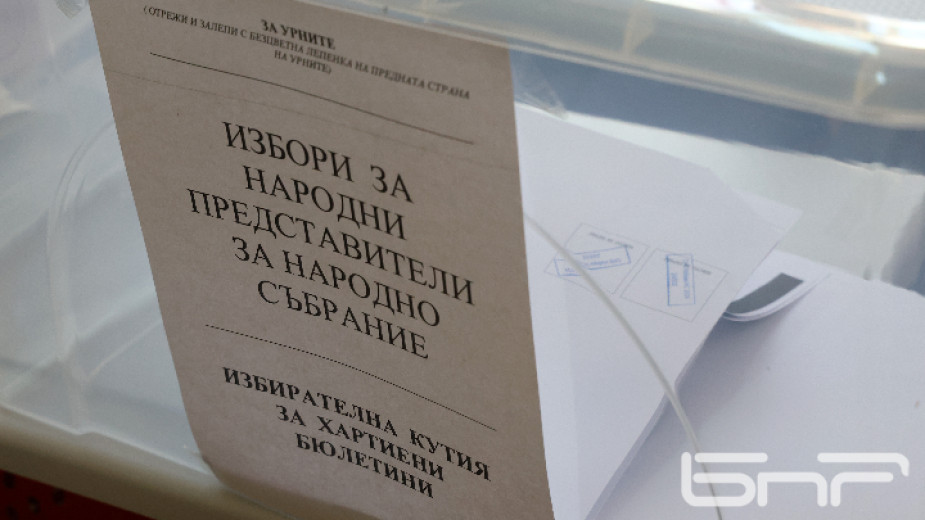Memarina (2013) spoke with Marius Krauss from the youth club “Foro Amaro” who works on the participation of Rroma and Gadje in the society. Krauss sees the statements of Interior Minister Friedrich, who for months warned of a mass immigration of Rroma from Romania and Bulgaria, as being dominated by fear and prejudice. Among Romanian and Bulgarian immigrants there is just approximately 10 percent of Rroma. Many present this migration as being solely Rroma. The same holds true with the beggars in Berlin: “Among beggars, there are many who have no Roma background. They are made only to: Begging is being made as a Roma characteristic, poverty and theft also.” Krauss thus points to the important fact that many people with non-standard behaviour are attributed a Rroma identity and vice versa, Rroma who actually do not meet these requirements are stigmatised. This includes the image of the many children in Rroma families. In the case of the immigrant Rroma from the village of Fontanelle, the fact that the community in question were evangelical Pentecostals was ignored. Because of their faith they cannot use cotraceptives. That this is not true for all Rroma who belong to different faiths, it is all to often forgotten.
Lechler (2013) reports on the clearance of an informal Rroma neighbourhood in Eforie in Romania. By focusing on the destruction of Rroma settlements in Romania, Lechler wants to identify possible reasons for the migration to Western Europe that go beyond a simple economic migration. The observance of minority rights in Romania is very poor when compared with Germany.
Bade (2013) takes a critical look at the current immigration debate in Germany and puts the predicted mass immigration through historical facts: After the accession to the EU of countries such as Poland, a mass exodus was not observed, and the published statistics on 147,000 Romanian and Bulgarian immigrants in 2011 are not reliable sources, “then one should have considered the strong annual return migration, for example of seasonal workers. In this sense, for example for 2011, there was a net balance approximately 64,000 immigrants from Bulgaria and Romania not mentioned in the noise raised by the cities about the 147,000 migrants. This led to an equally sensational correction by a critical group of scientists who quoted the statistic of the cities is their ‘non-statistic of the month’.” Bade sees the polemical remarks about the so-called poverty immigration greatly influenced by the debate on the book by Tilo Sarrazin influenced and with its associated polemics around of integration and alterity.
- Bade, Klaus J. (2013) Identitätskrisen in der Einwanderungsgesellschaft: Muslimfurcht, Romahass und negative Integration in Deutschland. In: Deutsch Türkische Nachrichten online vom 25.10.2013. http://www.deutsch-tuerkischenachrichten.de/2013/10/492467/identitaetskrisen-in-der-einwanderungsgesellschaft-muslimfurcht-romahass-und-negative-integration-in-deutschland/
- Lechler, Katrin (2013) Abwanderung aus dem Elend. In: Deutschlandradio online vom 23.10.2013. http://www.dradio.de/dkultur/sendungen/reportage/2294499/
- Memarina, Susanne (2013) „Diskriminieren, wo es geht“. In: TAZ online vom 24.10.2013. http://www.taz.de/Vorurteile-gegen-Roma/!126170/







